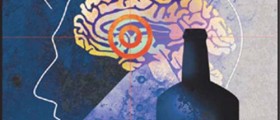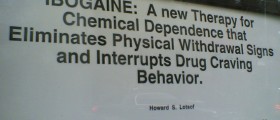
A Brief Introduction to the Four Stages of Addiction
Thefour stages of addiction are most prominent when it comes to changing a person's bad habits when it comes to food intake.
It doesn't really matter whether a person's "poison of preference" is bread, beverage, dessert, alcohol, fatty foods or whatever, having too much of anything means abusing the human body as well as slowing down the processing and burning down of food to an unhealthy rate.
Oneof the consequences of such behavior is excessive tiredness. And because calories represent units of energy, a person ought to feel energized rather than tired after a meal. This is why when a person eats more than he or she ought to, the feeling of a drugged-like-state emerges. This altered state "zones out" the brain, in a fashion of speaking, and allows the person to escape from feelings.
Stage One: Resistance to Change
Thisstep involves changing a persons regular habits such as having a beverage to go with every meal. This doesn't need to be that way, and by including a beverage, say, every second or third meal may prove beneficial.
Weighing oneself several times a day also brings a heightened sense of self-awareness to the table.
This, at first, may be somewhat hard (and even scary!) to accept because most people find it quite comfy with just the way they are. That's why one of the triggers to the change may be the proof of "the old way simply not working anymore".
This type of fear is caused by "the addict" part of the brain, which projects a negative outcome of a changed routine with zero proof to come with it.
Stage Two: BegrudgingAttempts
This stage involves the semi-willing attempt at the change, and is the second real step towards it actually working out. It is based on half-way decision and small rather than drastic changes made to one's habits. This is to say that a person may choose to eat breakfast even if he or she does not feel like it nor wants it, but is doing it in order to wight XY pounds within the next XY months.
Stage Three: The Surprise
This stage involves people actually starting to enjoy the new diet they may be having. This will come to a surprise to most, since they expect only the worst when it comes to taste expectations they've got of "healthy foods."
Stage Four: The New Way is Now the Better, Old Way
Thefourth and final stage concludes the stages of addiction and by the time it has been reached, the subject is presented with the old familiar sense of comfort (the very same feeling a person has felt during his or her "old ways"), whilst eating a far healthier diet.

















Your thoughts on this
Loading...